12 GPTs for Health Analytics Powered by AI for Free of 2026
AI GPTs for Health Analytics refer to advanced artificial intelligence models, specifically Generative Pre-trained Transformers, tailored for applications within healthcare data analysis. These tools leverage natural language processing and machine learning to interpret, predict, and derive meaningful insights from vast amounts of health-related data. They are pivotal in transforming raw data into actionable information, aiding in decision-making processes, enhancing patient care, and optimizing operational efficiencies in the healthcare sector.
Top 10 GPTs for Health Analytics are: Analisis De Datos De Excel,Ask Fulcra (experimental),Data Analyst Pro,Data Ninja,🥗 NutriAlice Calorie & Weight Tracker with memory,❤️🩹 Heart Health Navigator GPT,AI Health Ideator,Medical Devices,Data Analyst Pro,MediAdvisor
Analisis De Datos De Excel
Empower Decisions with AI-Powered Analysis
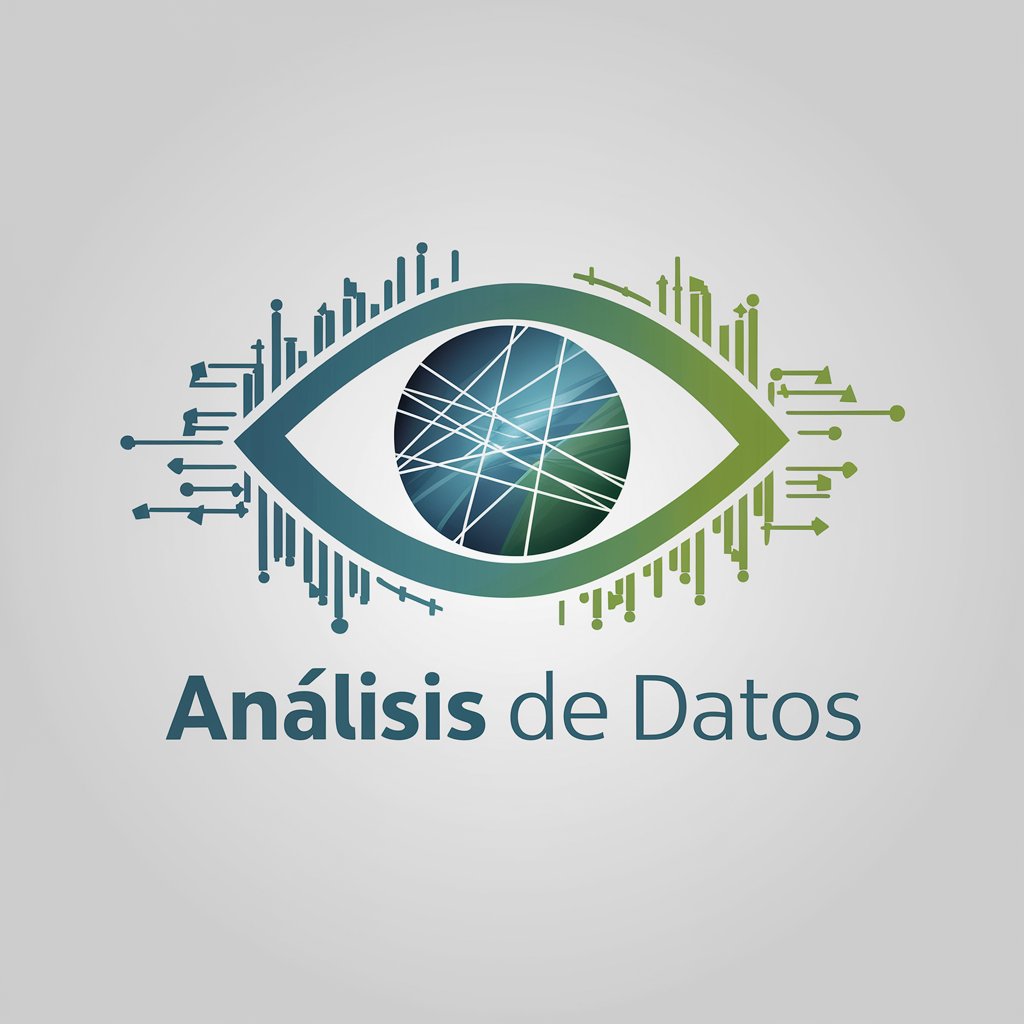
Ask Fulcra (experimental)
Unlock Your Life's Data with AI
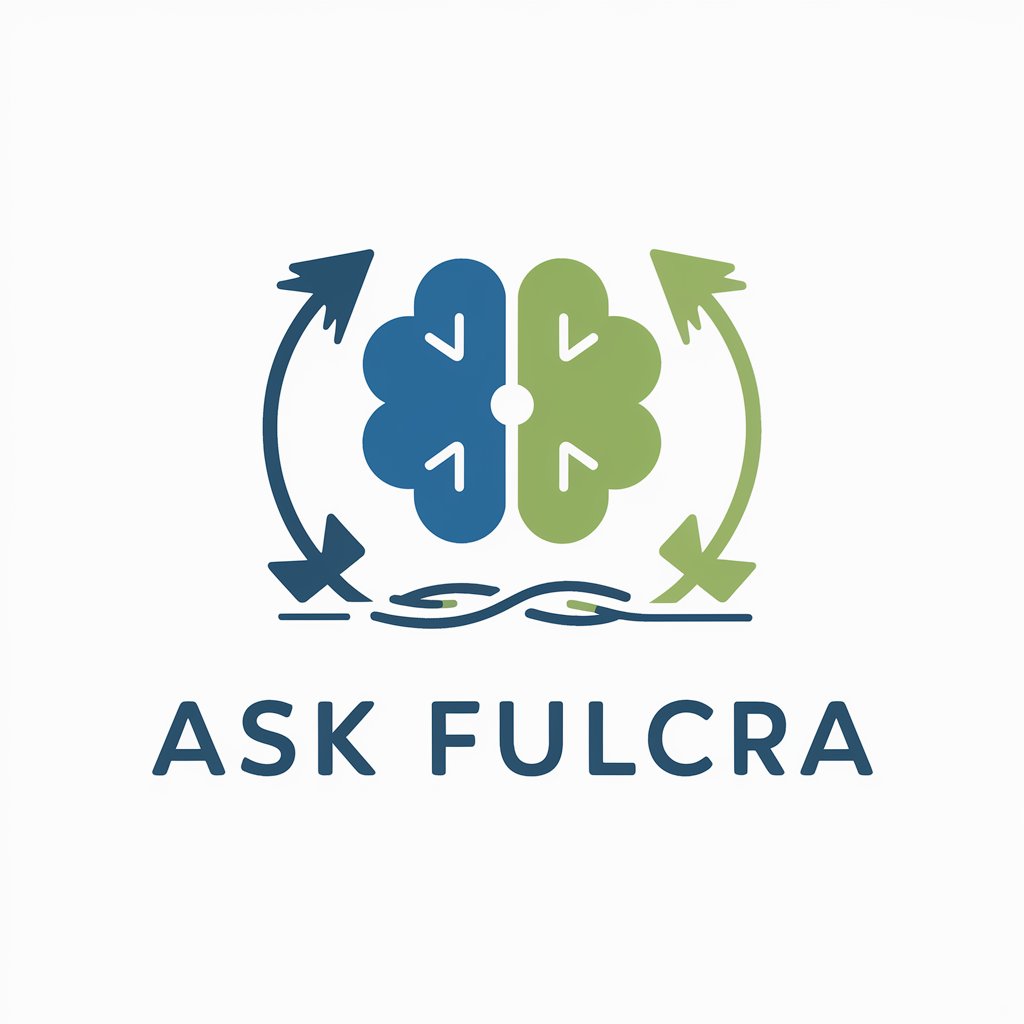
Data Analyst Pro
Empower Your Data with AI
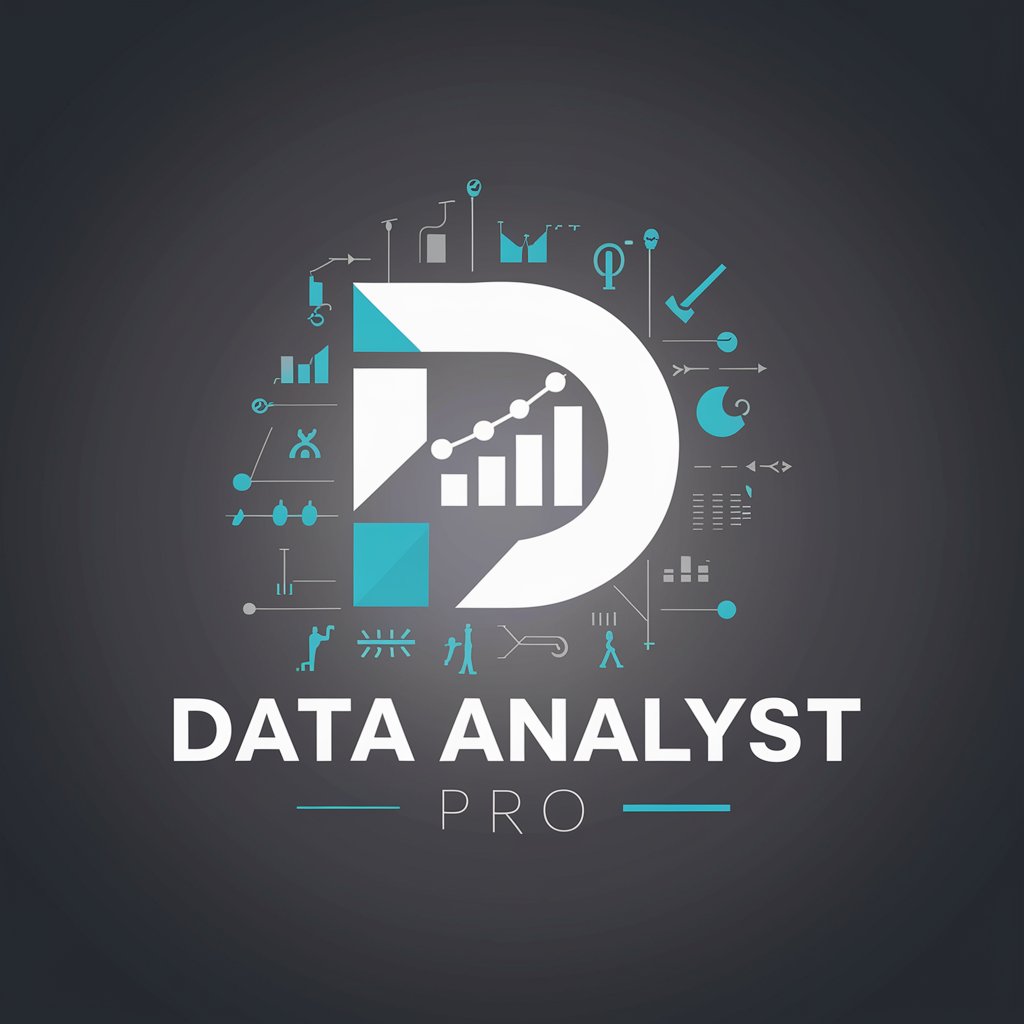
Data Ninja
Unleash AI Power on Your Data

🥗 NutriAlice Calorie & Weight Tracker with memory
Track. Eat. Live Better with AI.
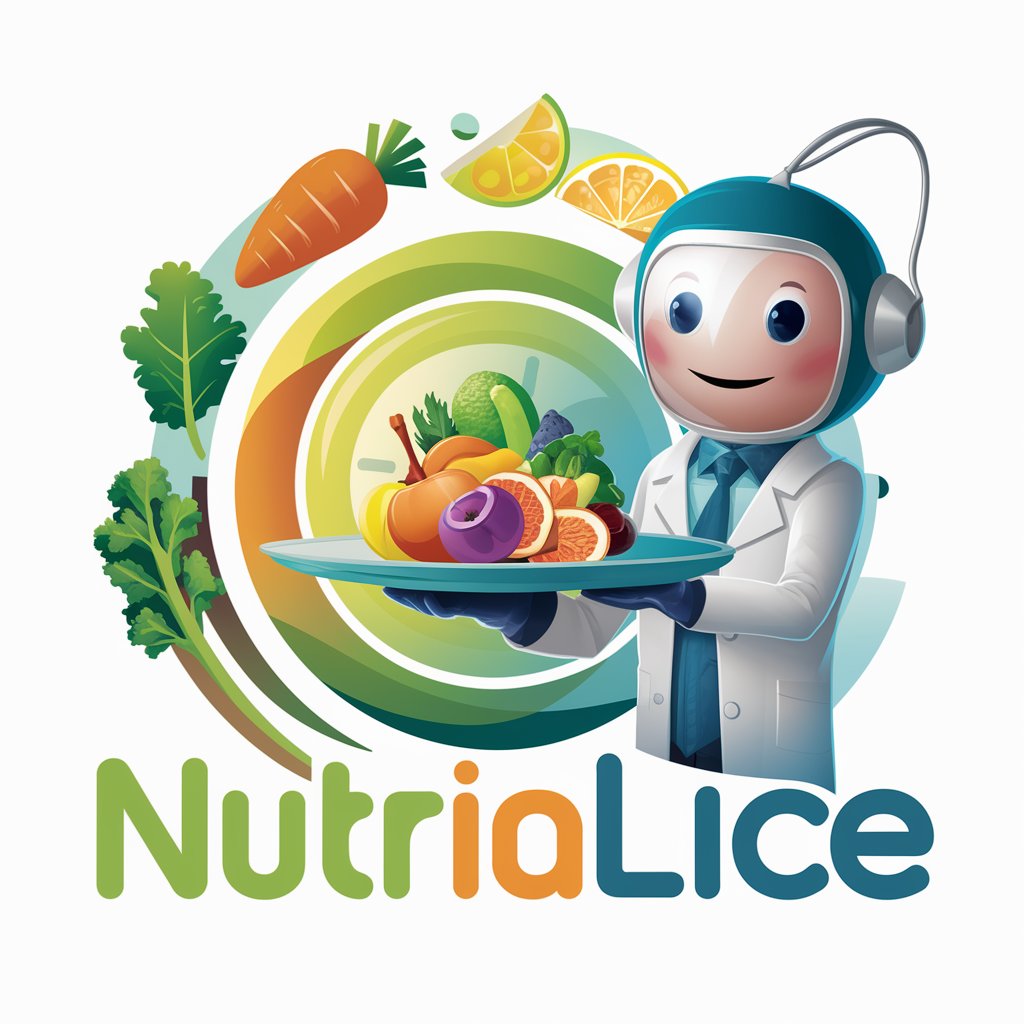
❤️🩹 Heart Health Navigator GPT
Empowering Heart Health with AI
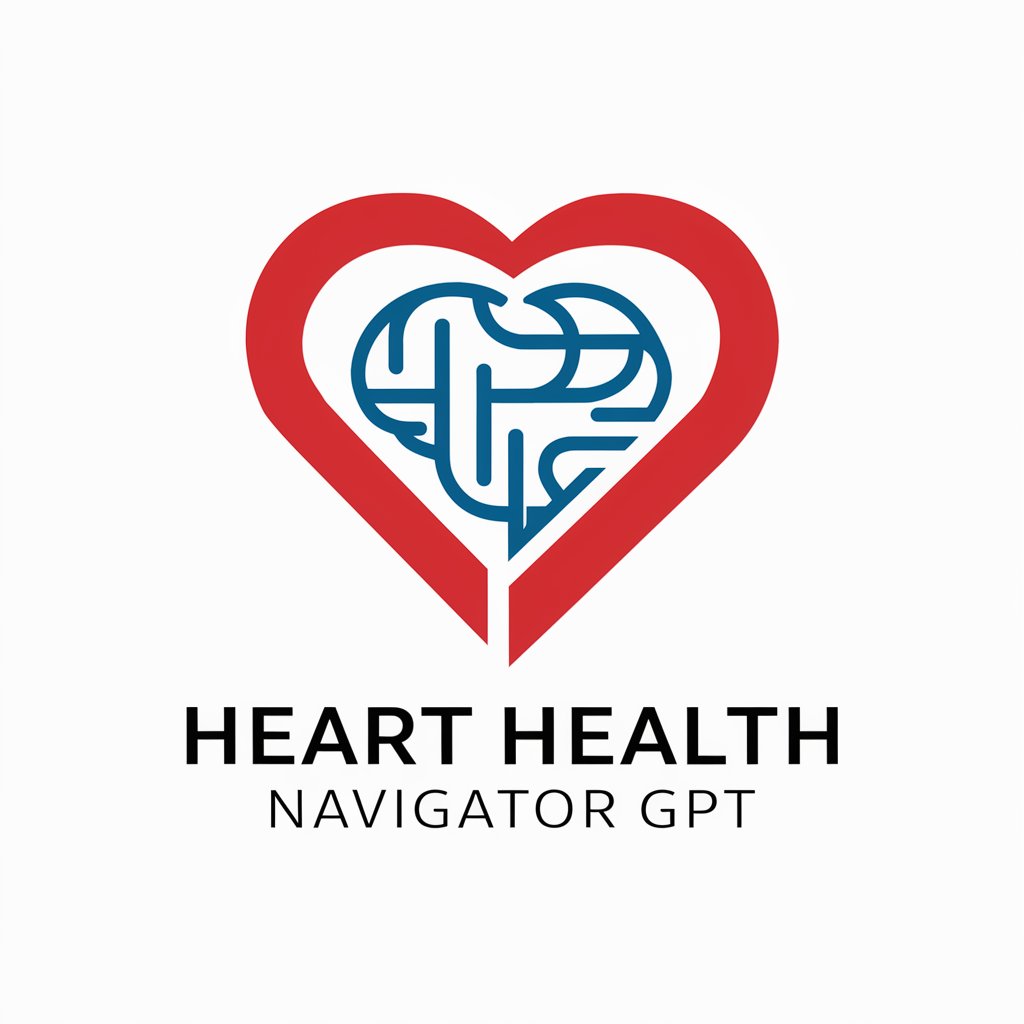
AI Health Ideator
Empowering health innovation with AI insights.
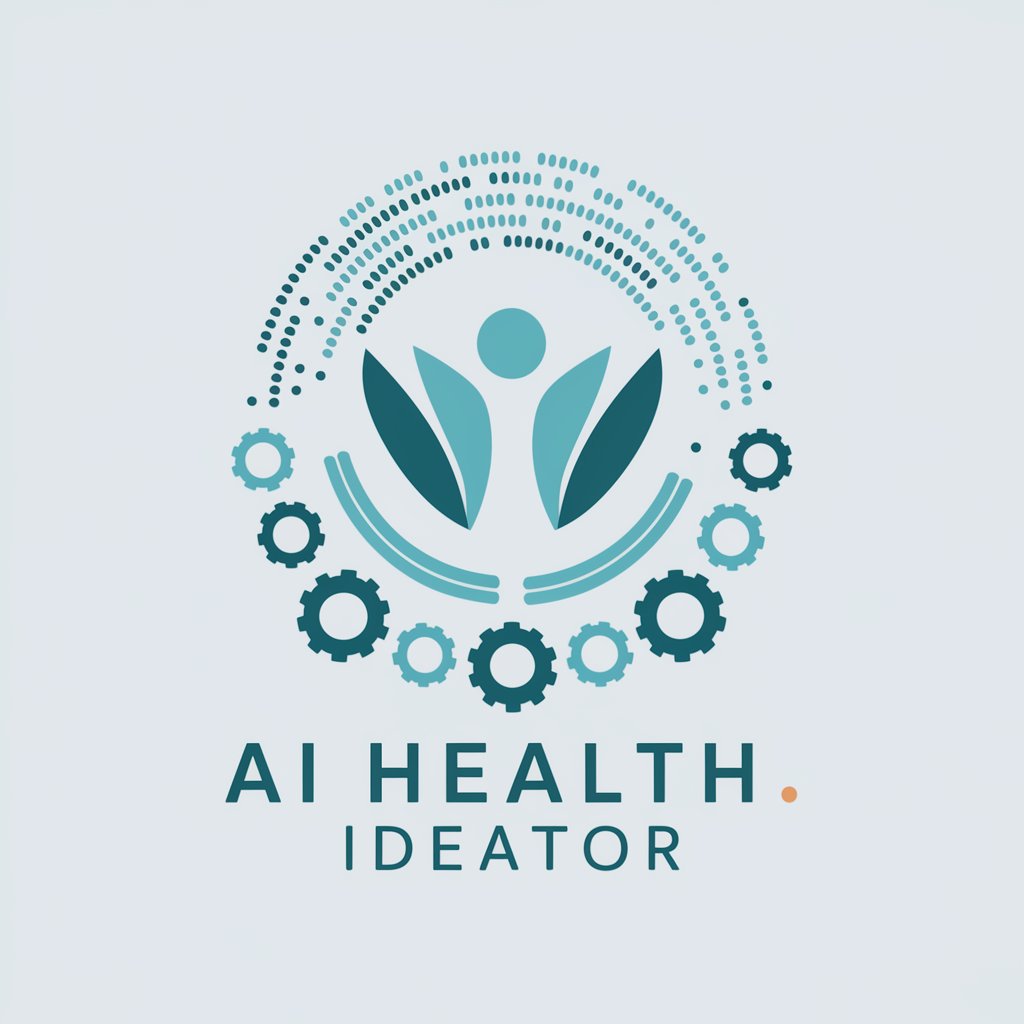
Medical Devices
Empowering healthcare with AI technology
Data Analyst Pro
Empowering Decisions with AI Analysis
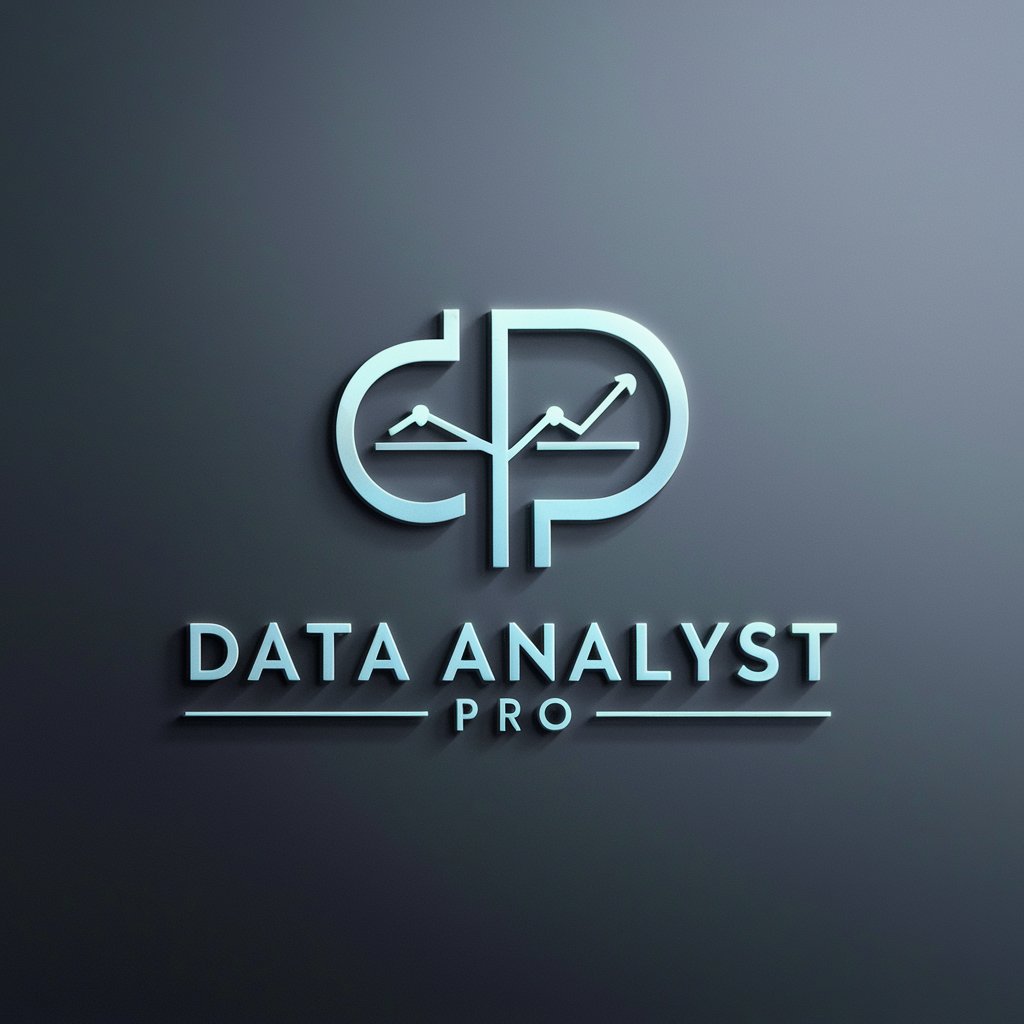
MediAdvisor
Empowering Health Decisions with AI
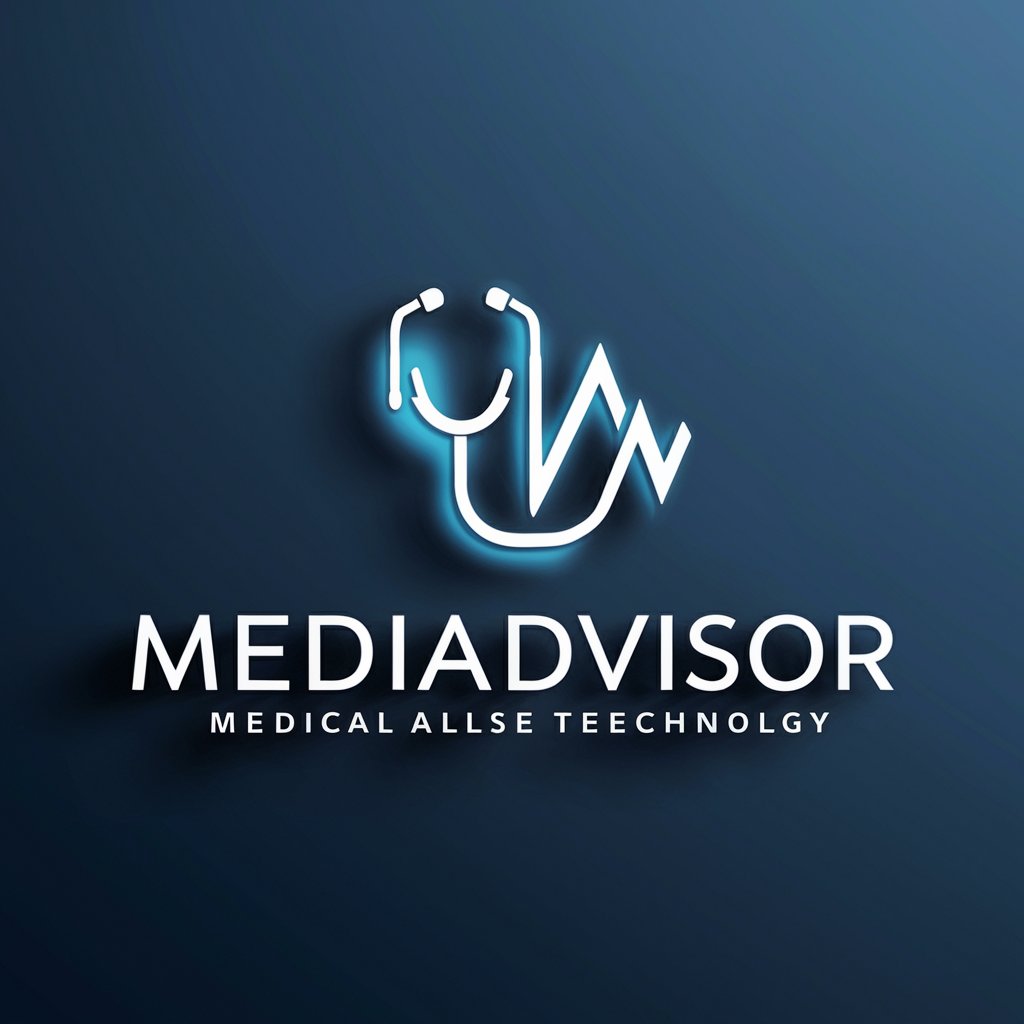
Dr. Jarvis
Empowering Health with AI Insight
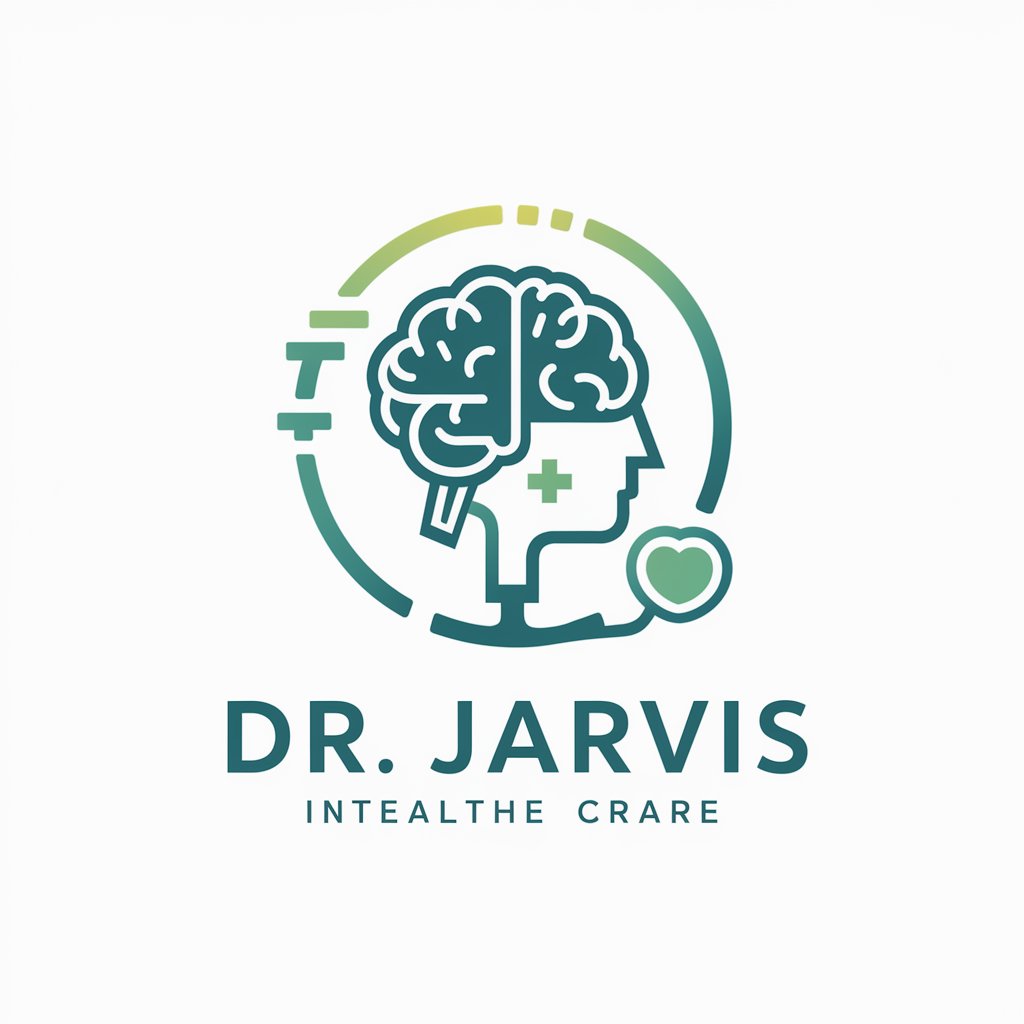
NutriGuide Expert
Empowering your wellness journey with AI
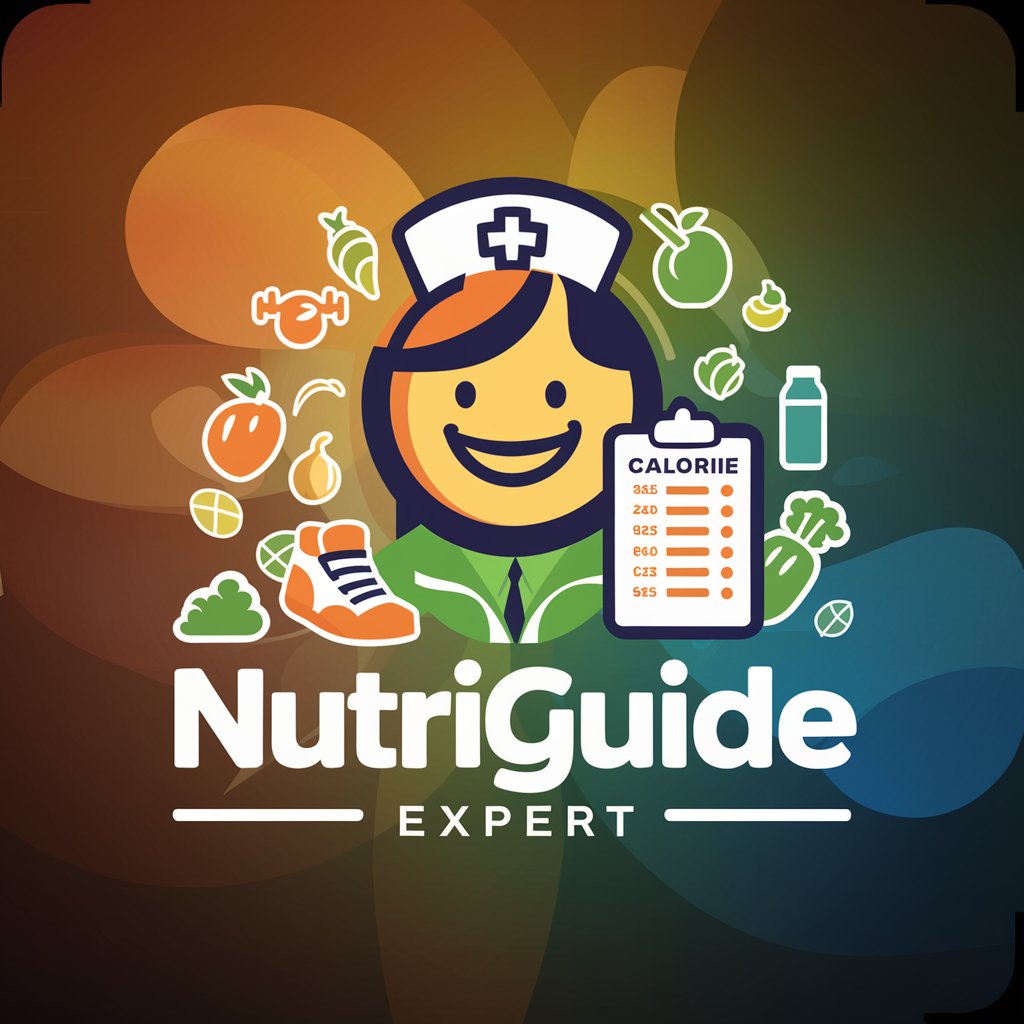
Principal Characteristics and Functions
AI GPTs in Health Analytics boast adaptability and precision, handling a wide range of tasks from basic data interpretation to complex predictive analytics. Key features include natural language understanding for processing medical literature, patient records, and clinical notes; machine learning models for identifying trends and making predictions; image recognition capabilities for analyzing medical imagery; and data analysis tools for uncovering insights in health datasets. Their ability to learn from interactions and improve over time without explicit programming distinguishes them in handling health analytics.
Who Benefits from Health Analytics AI?
The primary beneficiaries of AI GPTs in Health Analytics include healthcare professionals seeking to enhance patient care, researchers analyzing medical data, and healthcare administrators aiming to improve operational efficiency. These tools are accessible to novices without programming skills, offering intuitive interfaces and guided analytics processes. Simultaneously, they offer customization and advanced analytical options for developers and data scientists, making them versatile tools in the health sector.
Try Our other AI GPTs tools for Free
Community Cleanup
Discover AI GPTs for Community Cleanup: innovative tools designed to streamline and enhance cleanup efforts, fostering collaboration and environmental conservation in communities.
Hazard Reporting
Discover how AI GPTs for Hazard Reporting revolutionize safety management with real-time analysis, accessible interfaces, and predictive insights.
Cabinet Reshuffling
Discover how AI GPTs for Cabinet Reshuffling can transform decision-making in government, offering predictive insights and strategic solutions for optimal cabinet assignments.
Slogan Creation
Discover the power of AI GPTs for Slogan Creation: innovative tools designed to craft unique, memorable slogans that resonate with your audience. Elevate your brand messaging with tailored, AI-generated taglines.
Efficient Reading
Discover AI GPT tools for Efficient Reading: your solution to navigating and understanding vast texts quickly and effectively. Tailored for both novices and professionals.
Personalized Alarm
Discover how AI GPTs for Personalized Alarm can revolutionize your time management with tailored alerts, seamless integration, and user-friendly functionality.
Expanding Horizons with AI in Health
AI GPTs for Health Analytics are not just tools for data analysis; they represent a paradigm shift towards more informed and personalized healthcare. Their integration into various sectors demonstrates a commitment to innovation, offering streamlined operations, enhanced patient outcomes, and a deeper understanding of health trends. User-friendly interfaces and system compatibility further ensure that these AI solutions can be widely adopted, marking a significant step forward in healthcare technology.
Frequently Asked Questions
What are AI GPTs for Health Analytics?
AI GPTs for Health Analytics are advanced AI models designed to analyze health-related data, offering insights for patient care, research, and administration.
How do AI GPTs improve healthcare analytics?
They improve healthcare analytics by processing vast datasets efficiently, predicting health trends, and providing actionable insights for better decision-making.
Can non-technical users utilize these AI tools effectively?
Yes, these tools are designed with user-friendly interfaces that require no coding skills, making them accessible to non-technical users.
Are there customization options for professionals?
Absolutely, developers and data scientists can access advanced features and customization options to tailor the tools to specific needs.
What types of data can AI GPTs analyze?
They can analyze a variety of data types, including electronic health records, clinical notes, medical images, and research literature.
How secure are AI GPTs when handling sensitive health data?
AI GPTs incorporate advanced security measures to protect sensitive health data, adhering to privacy regulations and standards.
Can these tools integrate with existing healthcare systems?
Yes, they are designed to seamlessly integrate with existing healthcare systems, enhancing their capabilities without disrupting workflows.
What future advancements can we expect in AI GPTs for Health Analytics?
Future advancements may include more sophisticated predictive analytics, enhanced natural language processing for better interpretation of complex medical texts, and improved image recognition capabilities.